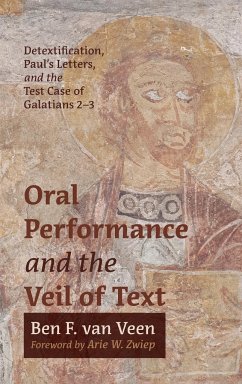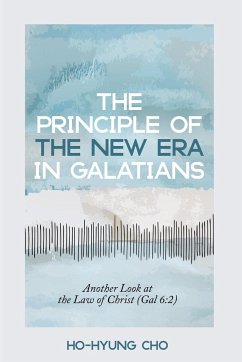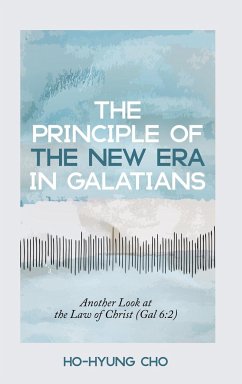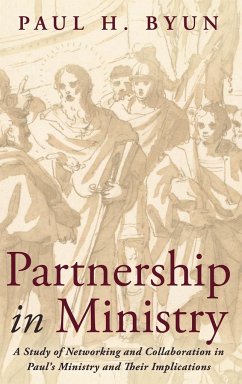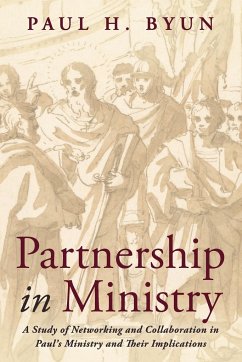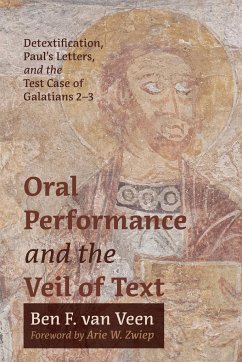
Oral Performance and the Veil of Text
Versandkostenfrei!
Versandfertig in 1-2 Wochen
31,99 €
inkl. MwSt.
Weitere Ausgaben:

PAYBACK Punkte
16 °P sammeln!
It is common opinion in biblical scholarship that the biblical documents functioned in a sociocultural context dominated by the spoken word. Detextification is the result of addressing the complex relation between this formally acknowledged functioning in its original oral delivery and the daily praxis of biblical scholarship in which these documents function as autonomous texts in an ever-expanding universe of texts. The argument in this book is that in addition to acknowledging the difference in media (oral performance there and then versus reading text here and now), it is crucial to differ...
It is common opinion in biblical scholarship that the biblical documents functioned in a sociocultural context dominated by the spoken word. Detextification is the result of addressing the complex relation between this formally acknowledged functioning in its original oral delivery and the daily praxis of biblical scholarship in which these documents function as autonomous texts in an ever-expanding universe of texts. The argument in this book is that in addition to acknowledging the difference in media (oral performance there and then versus reading text here and now), it is crucial to differentiate and explicate the mindsets behind these media. A literate reader in the present structures thought, vis-a-vis text, differently from someone intensively formed by oral-aural communication, in the moment of exposure to a performing orator. The latter perspective was Paul's in the process of his letter composition. Therefore, this is a leading question in detextification: How can a contemporary biblical scholar relate to the text of Paul's letters in such a way as to understand how the apostle envisioned his original addressees structuring their thoughts during the event of a letter's oral-aural delivery? Two test cases are provided from the Letter to the Galatians (Gal 2-3).





